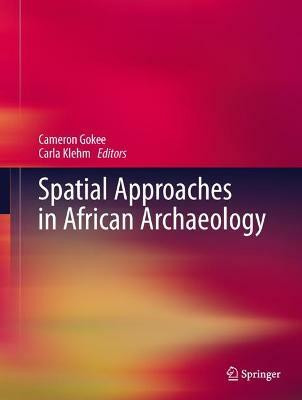Spatial Approaches in African Archaeology(English, Hardcover, unknown)
Quick Overview
Product Price Comparison
This book explores the interplay between African archaeology and geospatial methods from three broad perspectives. First, several contributors examine the technical possibilities and limits of using satellite imagery to detect archaeological sites and model their physical environs. A second perspective is the integration of new geospatial data and methods into site- and landscape-scale analyses to better address questions about social organization and subjective experience in African pasts. A final perspective considers the interplay between geospatial technologies and community archaeology in Africa. Recognizing that GIS and RS supersede traditional divisions in African archaeology, such as different periods, geographic regions, and theoretical orientations, the chapters aim to be widely applicable. Arranged by methodological emphasis, the case studies move from technical discussions of specific geospatial tools to general applications for addressing specific sociohistorical topics. Each chapter clearly explains the links between their archaeological questions and analytical methods, as well as how their results advance our understanding of African pasts and heritage resources. Many of the chapters can serve as learning models for archaeologists who are new to GIS or curious about its applications to their work. Others represent recent advances in geospatial applications of greater interest to more seasoned GIS practitioners, demonstrating the potential for African scholarship to contribute to methodological innovations. This book is of interest to students and researchers of African and historical archaeology and anthropology. Previously published in African Archaeological Review Volume 37, issue 1, March 2020


